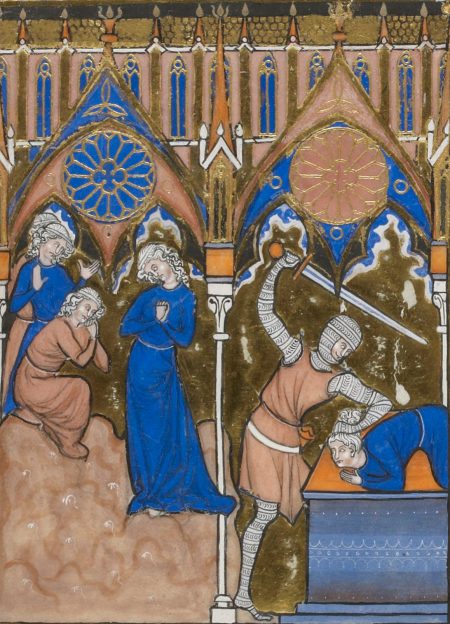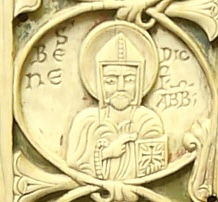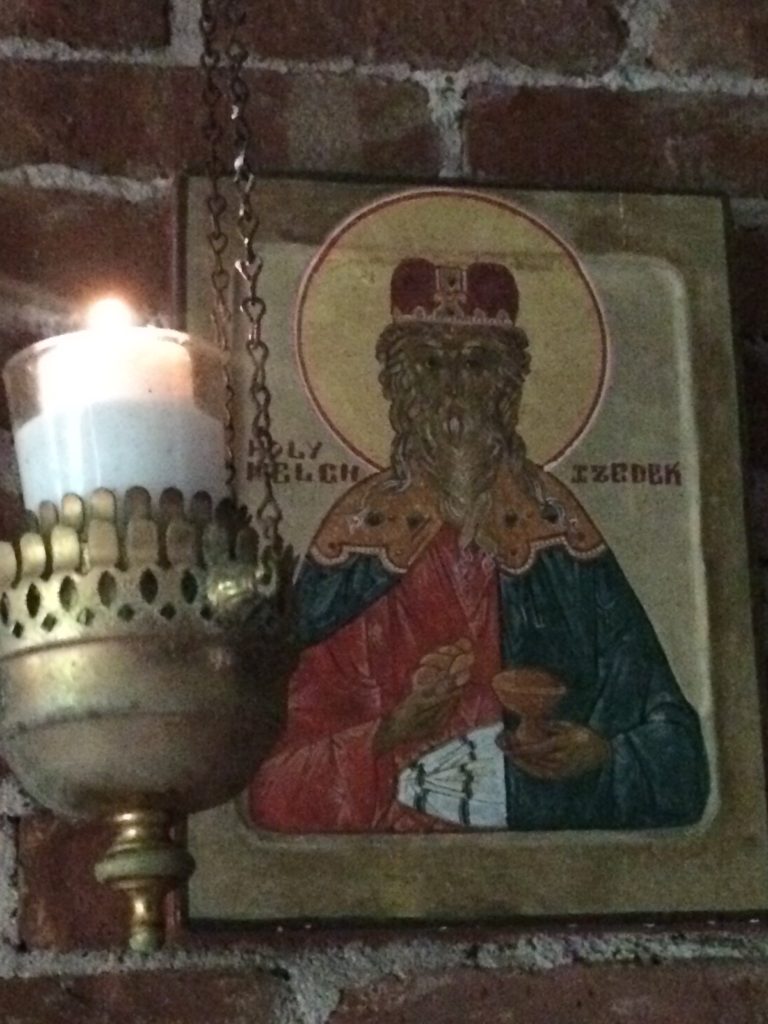
However, since we have the same spirit of faith according to what is written, “I believed, there I spoke out” (Ps. 116:9), we too believe; therefore, also speak out, for we know that the one who raised the Lord Jesus will raise us also with Jesus and place us together with you in his presence. (2 Cor. 4:13-14)
The Apostle Paul quotes the psalm: I believed, and so I spoke out. He points out that he–and the Christians faithful to his preaching–have the same faith as King David and Moses, who also faced great tribulations and adversaries from those they thought were their friends and followers.
The psalm that St. Paul quotes is commonly used in the Prayers Before Receiving Holy Communion. Because the Lord has delivered the psalmist, the psalmist asks, “How shall I repay the Lord for all the good things he has done for me?” The answer is: “I will lift up the cup of salvation and call upon the Name of the Lord.” and “I will offer you the sacrifice of thanksgiving [eucharist] and call upon the Name of the Lord.” God has delivered us and so we thank him by offering him a thank-offering and sharing a feast with him. We participate in Christ’s resurrection every time we offer the thank-offering and lift up the cup of salvation. But our lives have to match our liturgical actions.
He who raised Jesus from the dead will raise us also if we do his will and walk in his commandments and love the things which he loved, abstaining from all unrighteousness, covetousness, love of money, evil speaking, and false witness.
St. Polycarp of Smyrna, Epistle to the Philippians
St. Paul’s faith, and the faith of David, Moses, and all the prophets is placed in the same Lord. This same Lord delivered the prophets in the Old Testament and will deliver St. Paul and the New Testament believers as well. This deliverance is not simply victory over earthly enemies; it is victory over THE enemy, which is Death.
Paul believed that through the work of Christ, he and all believers were made greater than death and that they would all be brought before the terrible seat of judgement.
St. Theodoret of Cyr, Commentary on 2nd Corinthians
This psalm promises that “precious in the sight of the Lord is the death of his saints.” This verse was often associated with Jephthah’s daughter, who was sacrificed by her father to keep a promise he had made to God and which is similar in many ways to Abraham’s sacrifice of Isaac. (Read about Jephthah and his daughter here.) In both episodes, the father is asked to give a child as an offering to save a family or clan, anticipating our Father in heaven giving his own Son to be killed as a sacrifice that saves the world.
I highly recommend reading Psalm 116:9-end each week as part of our preparation for receiving Holy Communion. The words of King David become our words as well and together we lift up the cup of salvation to celebrate the victory which the Lord shares with us.


